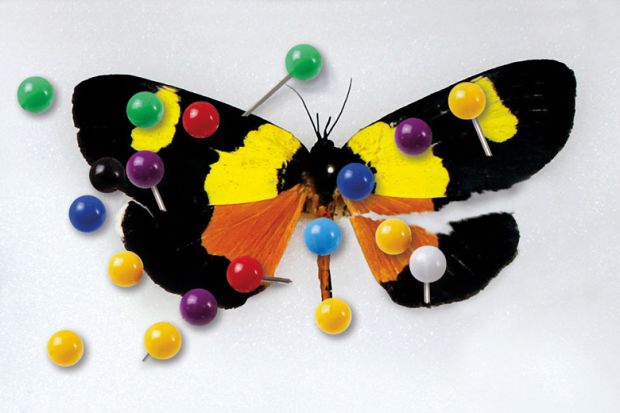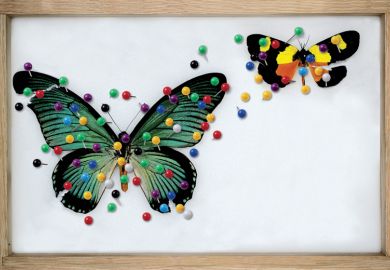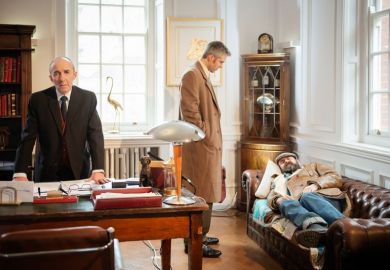What is it like to have one’s own work as a writer or artist subjected to academic scrutiny?
I first got interested in this question a few years ago. My father was a film director and, for the 10th anniversary of his death, I wrote a feature about his life and work that gave particular attention to the academic commentary about him. Although much was generous and insightful, some drew on critical theorists in a way that I’m sure he would have found both baffling and ridiculous, and that certainly had nothing to do with the day-to-day challenges and constraints of life on a film set.
When I interviewed David Lodge last year, he also touched on this theme. He himself, of course, had a distinguished academic career and has written widely about literature. But “although I wrote academic criticism myself and taught other people how to write it”, he told me, “it’s always trying to exert and exhibit a kind of professional mastery over the subject, whether it’s critical or laudatory”. When applied to his own fiction, he simply didn’t find it “comfortable to read”.
This is probably unsurprising. Who (outside the pages of Fifty Shades of Grey) likes to be “mastered”? Who wouldn’t find it disconcerting and inhibiting, in rather different ways, to be described as either an incompetent writer or a genius? And who would ever want to be a butterfly anaesthetised, pinned down and displayed for the inspection of others?
There is also the question of the over-ingenuity of some critical interpretations. A painter I know called Eileen Hogan recalls a fine press book she once produced where she “made a terrible mistake buying the paper and was shocked at how transparent it was when I printed letterpress”. Yet this “mistake” was seen as a brilliant touch, with one reviewer commenting admiringly on “the show-through and the translucence of the Japanese hand-made paper equating to the transparency of the soul”.
Many other writers and artists have had similar experiences of academics praising them for something they didn’t intend, telling them that they’ve been obviously influenced by someone they’ve never heard of or offering some impressive but utterly implausible “key” to one of their works. A number of them describe what it feels like in a feature published this week.
Along with the artist Tom Phillips and some lesser-known performance artists, I got some fascinating thoughts from the poet Fiona Sampson and novelists Julian Barnes, A. S. Byatt, Iain Pears and Marina Warner. Several of these have themselves had academic posts and written very illuminatingly about art and literature. Yet the results of being put under the academic spotlight can “feel completely random” for Sampson and produce “a kind of head-shaking bafflement” in Barnes.
I leave it for others to decide whether or not this says something damning about the current state of academic literary criticism.
Register to continue
Why register?
- Registration is free and only takes a moment
- Once registered, you can read 3 articles a month
- Sign up for our newsletter
Subscribe
Or subscribe for unlimited access to:
- Unlimited access to news, views, insights & reviews
- Digital editions
- Digital access to THE’s university and college rankings analysis
Already registered or a current subscriber?







